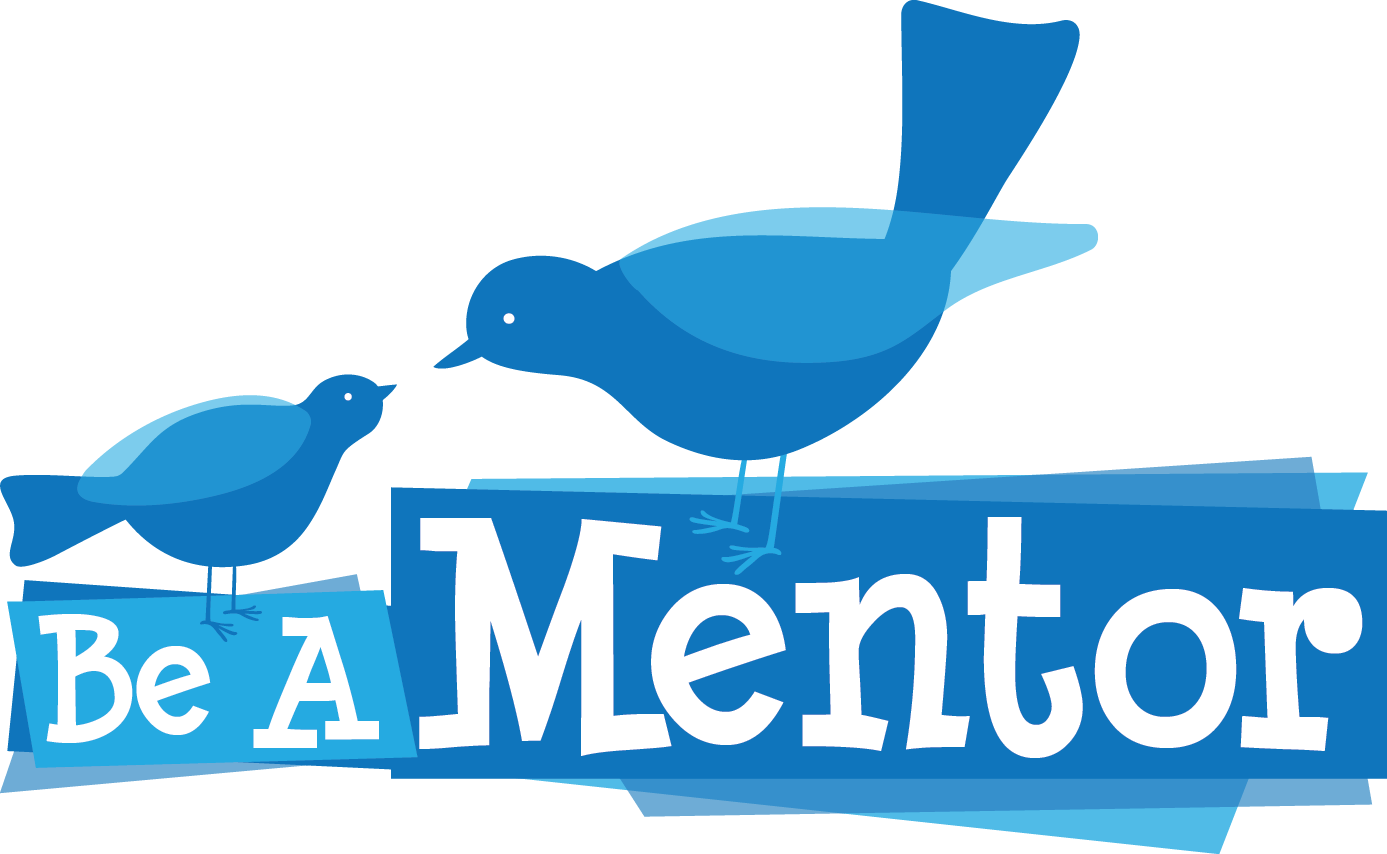National Mentoring Summit & Risk-Taking
Written by: Allison
Last week, our team had the opportunity to virtually join the annual National Mentoring Summit, convened by MENTOR. The summit convenes over 1,000 individuals from various organizations all with the same North Star- mentoring is integral to a person’s development, career or personal. When the summit was in-person in downtown Washington D.C., our team always came back to Charleston with a renewed sense of purpose and intentionality. Though this year’s summit was virtual, the outcome was the same: We are ready to dive into this year, working intentionally and thoughtfully to enable youth to develop positive relationships with caring adults who empower them to reach their full potential through mentorship.
Over the course of three full days, our team joined in on numerous virtual sessions, led by industry experts on a wide range of topics such as:
Mindful Leadership in the Modern World
Corporate Responsibility to Advance the Mentoring Movement
Back to the Future: Understanding How Your Mentoring Lineage Affects You Today
Disability Inclusion: How Mentoring Programs Implement Change
Driving Social Capital for Young Adults Through Mentorship
For me, one of the most impactful moments from the conference came during the first session: Mindful Leadership in the Modern World with Clif Smith. Clif has led a life that took him from barely graduating high school in a small town, to the military, Harvard Graduate School, and now a life as a Bestselling Author, Speaker, and Mindfulness Leader at EY. He spoke about his life experiences in the framework of being mindful. To Clif, what is mindfulness? He defined it as, “an ability to pay attention to the present moment without getting too caught up in our automatic thoughts and judgments”.
Having our mind be Mindful instead of Mind full.
Part of this idea, to me, is taking chances. Taking risk. Listening to that inner voice in our heads that says “you can” instead of “you can’t”. As Clif explained, our brains are not designed to make us happy. Our brains are designed to keep us safe. Our brains nudge us in directions toward safety, our comfort zone, and thus inaction. As he succintly put it, “comfort zones are where dreams go to die”.
After his friend suggested he apply to Harvard for a graduate program, Clif was soon paralysed with self-doubt and thoughts of imposter syndrome. Harvard, to a guy that barely passed high school, seemed impossible. Never mind that in the years since, he had risen in the ranks in the military and fulfilled his dream of learning another language and moving to China. To him, this dream seemed unattainable. Until he took a chance and tried. He applied to Harvard and got accepted! This wouldn’t have happened if his friend didn’t push him and if he didn’t push himself.
Let’s remember to take chances. Help our mentees to take chances. There is risk, and sure, we might fail. But, we might also achieve. And aren’t we all better for trying?
